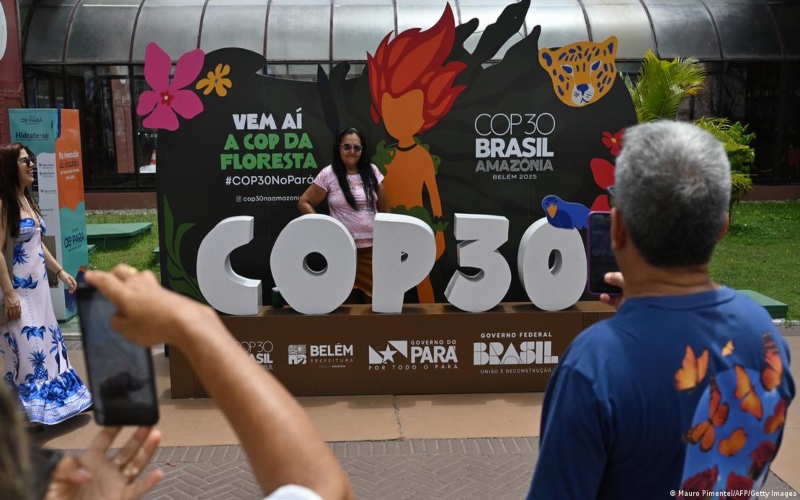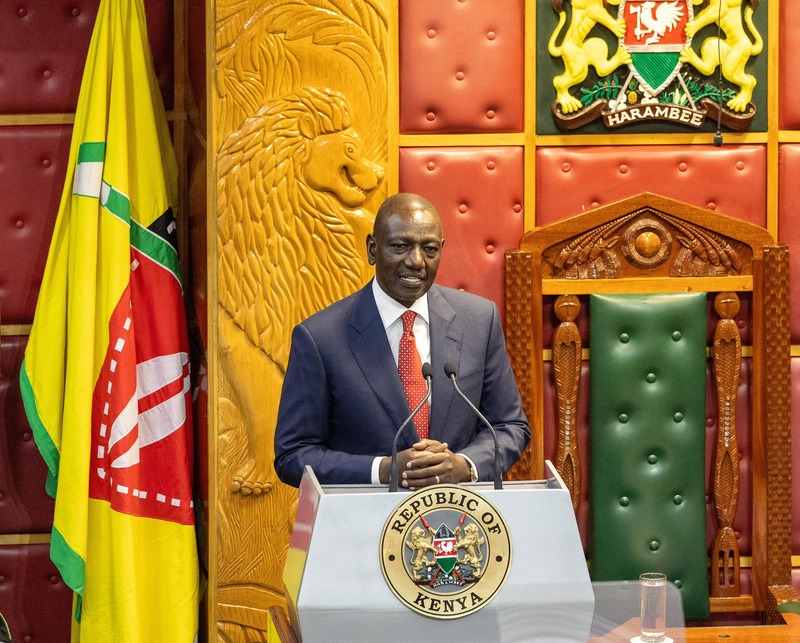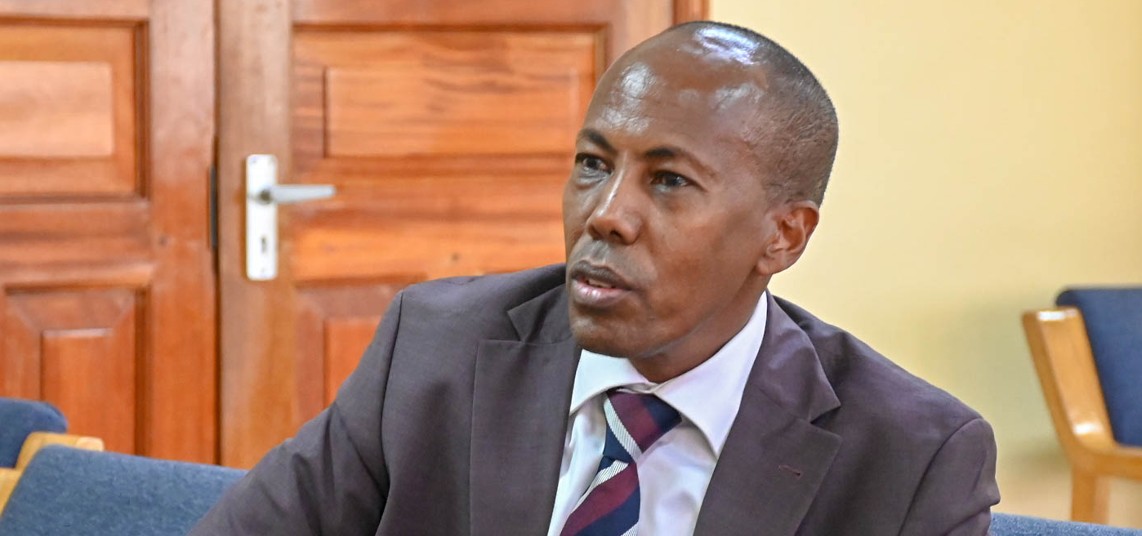High court dismisses petition to compel EPRA to lower fuel prices

The High Court has dismissed a petition filed by Kituo Cha Sheria, a human rights organisation, which sought to compel the Energy and Petroleum Regulatory Authority (EPRA) to lower fuel prices.
The petition, filed in December 2023, highlighted the economic strain caused by rising fuel prices in Kenya.
More To Read
- Fuel prices remain unchanged across Kenya in latest EPRA monthly review
- EPRA shuts 12 filling stations for selling adulterated and export-bound fuel
- Motorists demand disbandment of EPRA over unfair fuel pricing, say Kenyans are being exploited
- CBK records rising global oil prices ahead of EPRA’s fuel price review
- Kituo Cha Sheria moves to court over suspension of inmates’ medical services
- Fuel prices for petrol and kerosene drop by Sh1 as diesel remains unchanged
“The fuel prices in Kenya have recently reached historical highs, causing concern and economic strain for both citizens and businesses, with recent announcements seeing petrol prices surpass 200 shillings per litre for the first time,” the petition read.
Kituo Cha Sheria blamed the government for failing to control and stabilise fuel prices, arguing that this had led to extreme economic hardships affecting many Kenyans.
The organisation contended that despite declining international oil prices, local pump prices remained high, violating Kenyans' economic and consumer rights under Articles 43 and 46 of the Constitution.
"The respondent has a duty to control and stabilise fuel prices to cushion the Kenyan population from extreme hardships," they stated.
Justice Chacha Mwita, who presided over the case, ruled that the petitioners had not demonstrated how EPRA or the Ministry of Energy had violated their constitutional rights. He emphasised that the evidence presented did not show a clear breach and noted that the government had already implemented reasonable interventions.
“The measures already taken by the government are reasonable. Any further steps would be additional, not mandatory,” the judge ruled.
judge maintained that fuel price determination was largely a matter of policy rather than a constitutional question, leading to the dismissal of the petition.
"I am unable to make orders in favour of the petitioners," the court ruled.
Before the ruling, EPRA had announced a downward review of pump prices, effective September 15 to October 14, 2025.
EPRA Director General Daniel Kiptoo stated that the maximum retail prices for super petrol, diesel, and kerosene had decreased by Sh0.79, Sh0.11, and Sh0.80 per litre, respectively.
In Nairobi, the revised prices per litre were Sh184.52 for super petrol, Sh171.47 for diesel, and Sh154.78 for kerosene.
In Mombasa, motorists were set to pay Sh181.24, Sh168.19, and Sh151.49, while in Nakuru prices were Sh183.56, Sh170.87, and Sh154.21. In Eldoret, the prices were Sh184.38 for super petrol, Sh171.68 for diesel, and Sh155.03 for kerosene.
Kiptoo explained that the adjustments reflected slight changes in the average landed cost of imported fuel and fluctuations in the USD-Shs exchange rate. He emphasised that Kenya imports all petroleum products in refined form, which are traded in international markets based on benchmark pricing.
“Kenya imports all petroleum products in refined form, and the products are traded in international markets based on benchmark pricing,” the authority said.
The Petroleum Pricing Regulations are designed to cap retail prices for products already in the country, enabling importers to recover costs while protecting consumers.
“EPRA remains committed to fair competition and safeguarding the interests of both consumers and investors in the energy and petroleum sectors,” Kiptoo said.
Top Stories Today












































